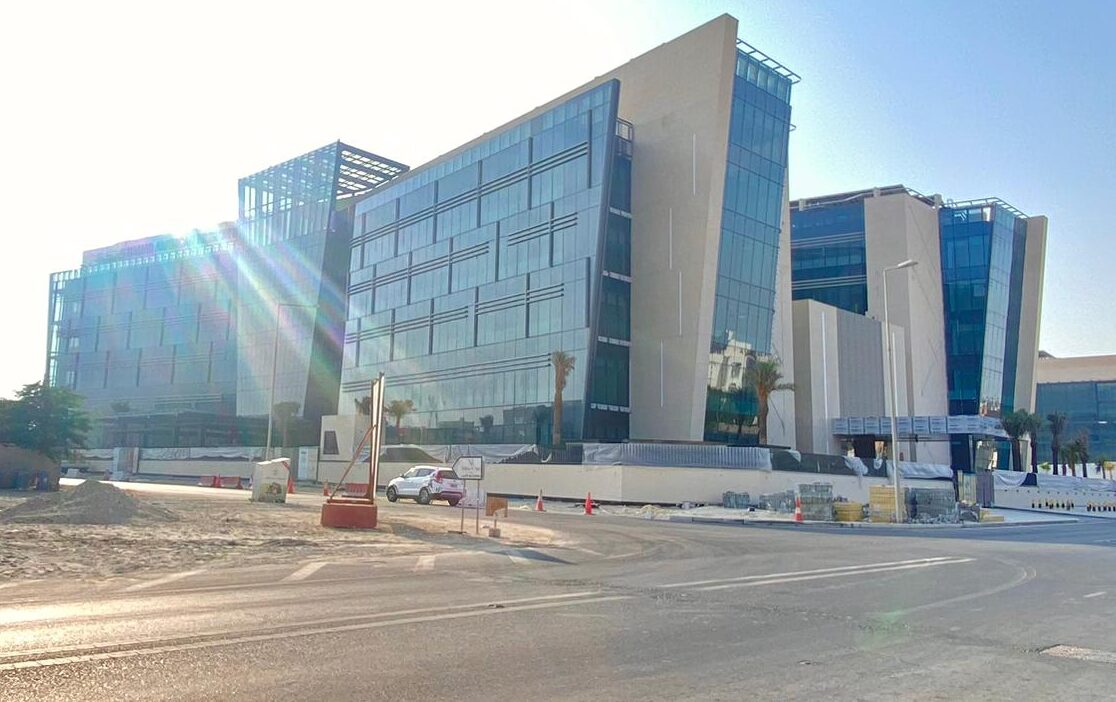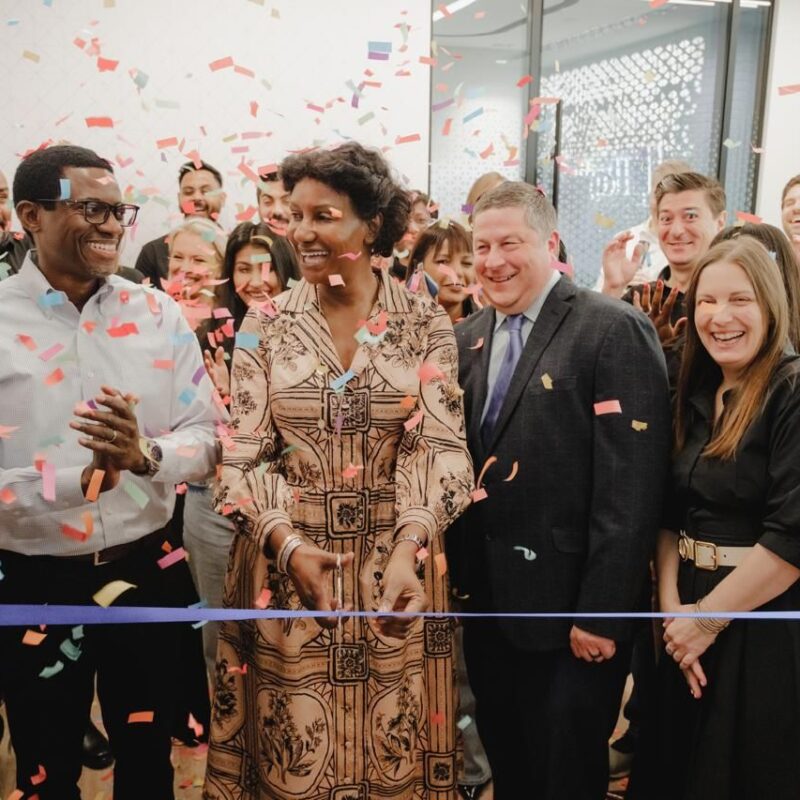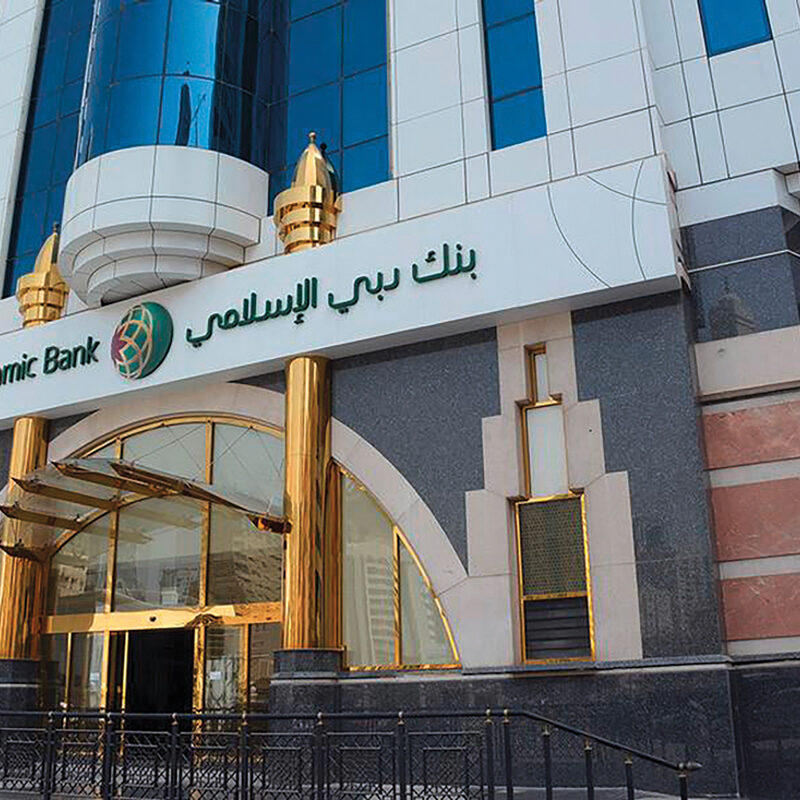
Courtesy
Digital medicine connects hospitals in Gulf and Israel
Israel’s Sheba Medical Center shares technology expertise with Bahrain’s oldest hospital, bridging Middle East divides
When Bahrain’s King Hamad American Mission Hospital opens a new $66 million building in January, it will treat patients using advanced medical capabilities that are based on artificial intelligence, virtual reality and digital health care management.Much of the technology...

 Add The Circuit on Google
Add The Circuit on Google

